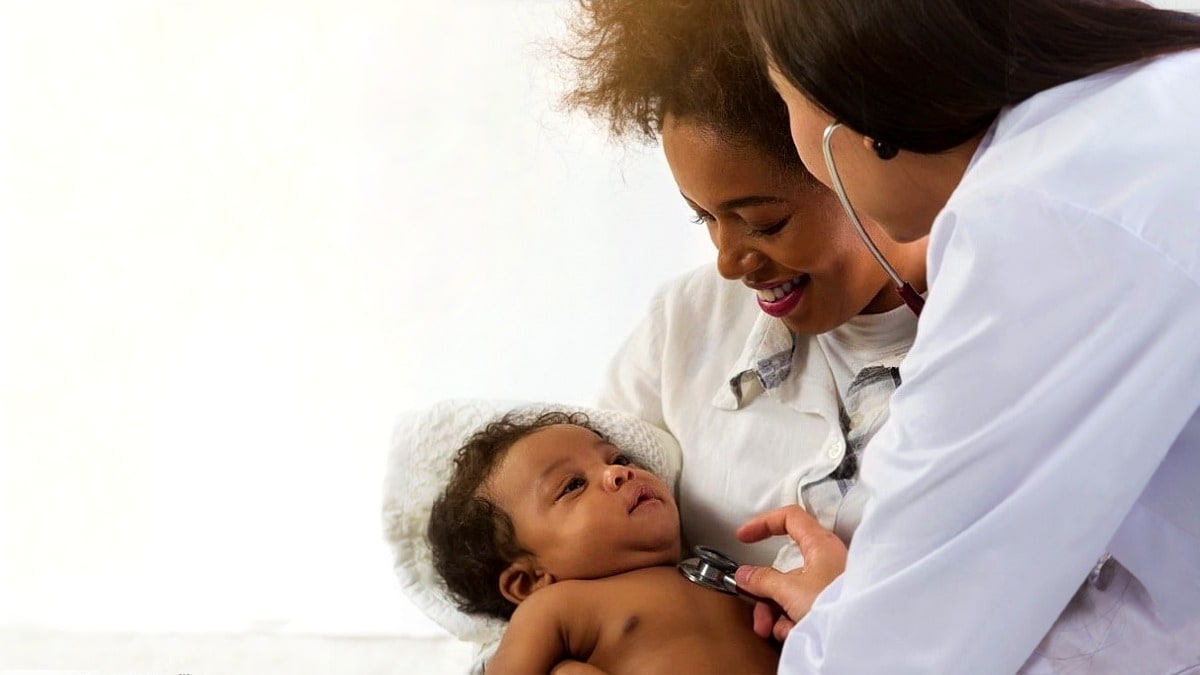At a glance
Women can suffer from life-threatening pregnancy-related complications up to a year after birth. During the postpartum period, new moms may not consider that their health concerns could be related to their recent pregnancy. Pediatricians, pediatric nurses, and other pediatric staff may be able to help connect them to care.

Listen For Urgent Maternal Warning Signs
When moms come with their infant, ask about and listen for urgent maternal warning signs. Extreme exhaustion, swelling, or thoughts of harming herself or her baby are important to watch for, among other things. Postpartum women experiencing any urgent maternal warning sign should seek medical care immediately.
Consider ways to connect moms to additional care when needed, whether it is emergency care, referrals to other medical professionals or other support services.
In addition, the American Academy of Pediatrics recommends routine screening for postpartum depression during well-child visits at 1, 2, 4, and 6 months of age. (Source: Incorporating Recognition and Management of Perinatal Depression Into Pediatric Practice | American Academy of Pediatrics).
